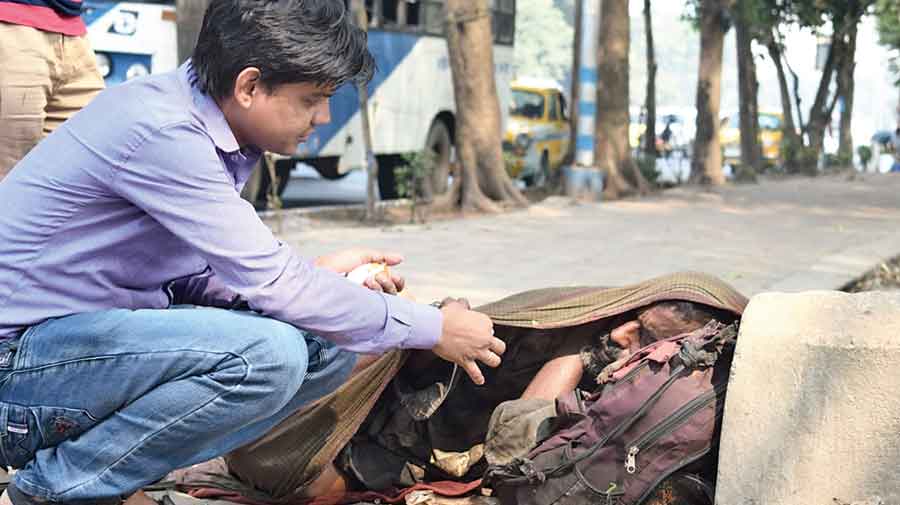A city-based NGO’s project to support and treat homeless people with mental health conditions has been recognised as a “good practice community mental health service”by the World Health Organisation.
On June 10, the WHO came out with a list of 25 services in several countries that it recognised as good practices.
Of the 25, three are from India, a WHO official said.
Naya Daur, a project run by Iswar Sankalpa, provides community-based support, treatment and care for homeless people with mental health conditions in the neighbourhood they live in.
“Naya Daur has been recognised as a good practice community mental health service that promotes a person-centred and human rights approach with good mental health and physical health outcomes for the people using the service,” said a WHO official over email to Metro.
The project’s team works to engage and build rapport with homeless adults between 16 and 80 years of age battling mental health conditions.
Started in 2007, it has provided support to around 3,000 people, said Sarbani Das Roy, the secretary of Iswar Sankalpa.
“The idea is to take the services to such persons. Not all of them need to be hospitalised or taken to an institution. With a little intervention, their conditions improve while they live in the place of their choice,” said Das Roy.
The key people in this intervention are “community volunteers” who live in the neighbourhood and know the homeless people.
“These volunteers could be a person selling tea in the neighbourhood whose stall they (the homeless) go to or those who run small eateries, have vending carts or shops on the streets. They are usually the people who already know such person. Even the homeless person is familiar with them,” said Das Roy.
The team from the NGO provides regular check-up, physical and mental health care, clothes, food, right to entitlements and visits by counsellors and social workers.
“It is a moment of victory,” said Das Roy.
WHO on its website says that the guidance on "community mental health services: promoting person-centred and rights based approaches is a set of publications that provides information and support to all stakeholders who wish to develop or transform their mental health system and services to align with international human rights standards, including the UN Convention on the Rights of Persons with Disabilities".
"This guidance aims to empower governments, policy-makers, health and social care professionals, non governmental organisations, organisations of persons with disabilities and other stakeholders, to introduce and scale up mental health services that protect and promote human rights, ultimately improving the lives of people with mental health conditions and psychosocial disabilities everywhere," the website states.










